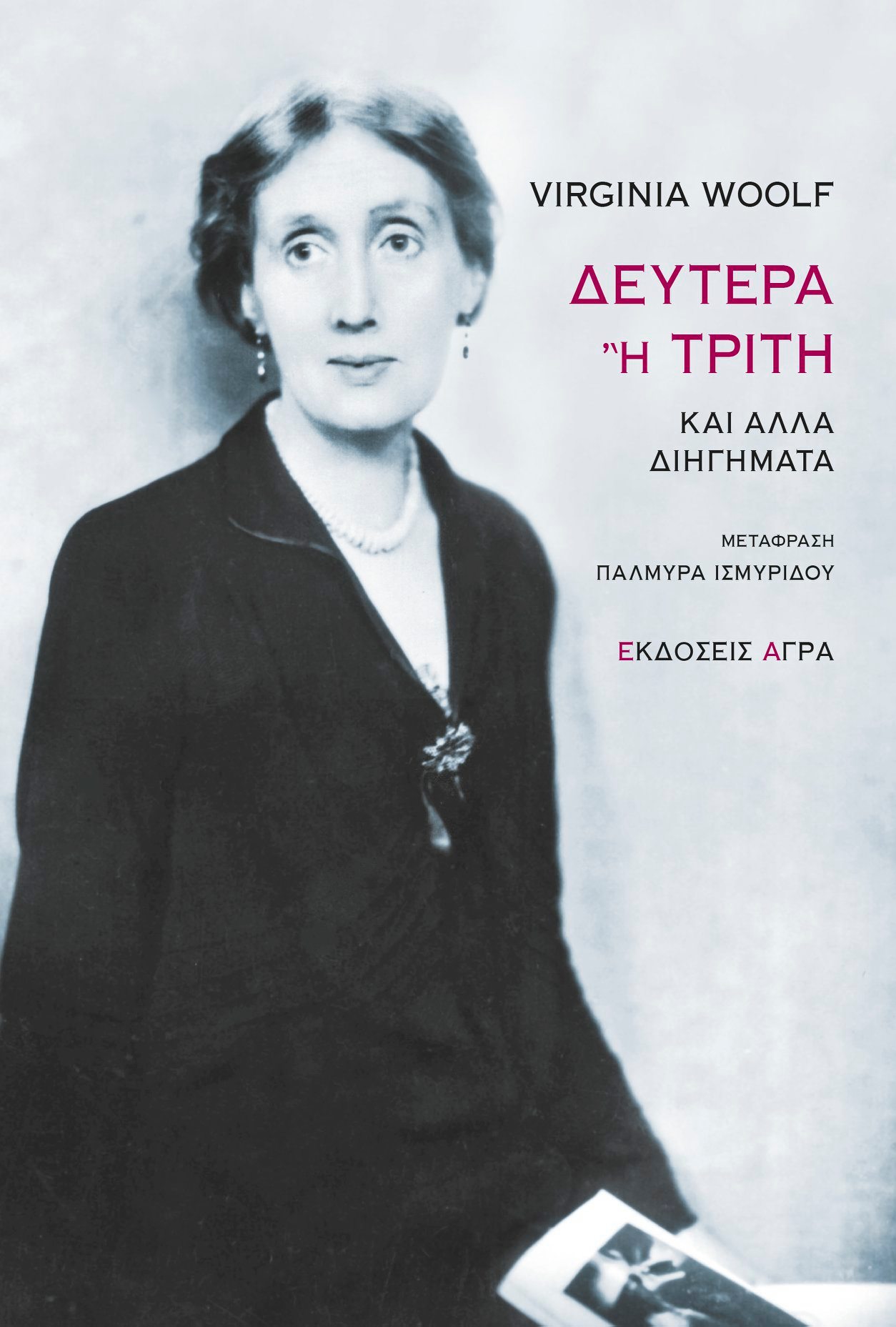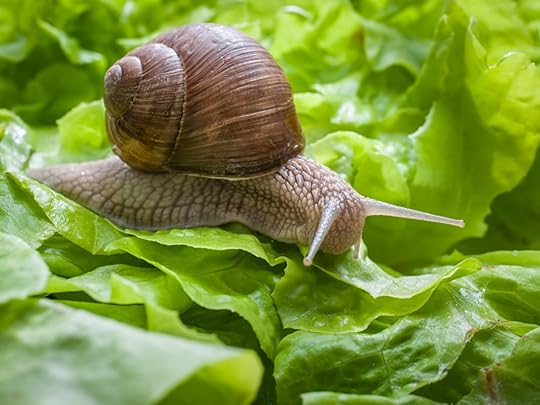What do you think?
Rate this book


128 pages, Paperback
First published January 1, 1921
I want to think quietly, calmly, spaciously, never to be interrupted, never to have to rise from my chair, to slip easily from one thing to another, without any sense of hostility, or obstacle. I want to sink deeper and deeper, away from the surface, with its hard separate facts.She proceeds to catch the first thought and carefully following the thread from there. Every once in a while she realises that she was initially trying to discern a mark in the wall. It's an enjoyable flow of thoughts that reminded me of a form of meditation, Anapanasati, where one focuses on one's breathing. An untrained mind tends to wander and on awareness of the wandering it is brought back to the breathing. Unlike the jumble of thoughts that can harass a mind for attention, these thoughts have a calmer demeanour.*
In 1940, she decided that she would get together a new volume of such stories and include in it most of the stories which had appeared originally in Monday or Tuesday, as well as some published subsequently in magazines and some unpublished. Our idea was that she should produce a volume of critical essays in 1941 and the volume of stories in 1942.
In the present volume I have tried to carry out her intention. I have included in it six out of the eight stories or sketches which originally appeared in Monday or Tuesday. The two omitted by me are “A Society,” and “Blue and Green”; I know that she had decided not to include the first and I am practically certain that she would not have included the second.
After a time, so far as I can remember, we drew round the fire and began as usual to praise men - how strong, how noble, how brilliant, how courageous, how beautiful they were - how we envied those who by hook or by crook managed to get attached to one for life - when Poll, who had said nothing, burst into tears. Poll, I must tell you, has always been queer. For one thing her father was a strange man. He left her a fortune in his will, but on condition that she read all the books in the London Library.
“Red is the dome; coins hang on the trees; smoke trails from the chimneys; bark, shout, cry “Iron for sale”- and truth?”

Wood is a pleasant thing to think about. It comes from a tree; and trees grow, and we don't know how they grow. For years and years they grow, without paying any attention to us, in meadows, in forests, and by the side of rivers—all things one likes to think about. The cows swish their tails beneath them on hot afternoons; they paint rivers so green that when a moorhen dives one expects to see its feathers all green when it comes up again. I like to think of the fish balanced against the stream like flags blown out; and of water-beetles slowly raising domes of mud upon the bed of the river. I like to think of the tree itself: first the close dry sensation of being wood; then the grinding of the storm; then the slow, delicious ooze of sap. I like to think of it, too, on winter's nights standing in the empty field with all leaves close-furled, nothing tender exposed to the iron bullets of the moon, a naked mast upon an earth that goes tumbling, tumbling, all night long. The song of birds must sound very loud and strange in June; and how cold the feet of insects must feel upon it, as they make laborious progresses up the creases of the bark, or sun themselves upon the thin green awning of the leaves, and look straight in front of them with diamond-cut red eyes.... One by one the fibres snap beneath the immense cold pressure of the earth, then the last storm comes and, falling, the highest branches drive deep into the ground again. Even so, life isn't done with; there are a million patient, watchful lives still for a tree, all over the world, in bedrooms, in ships, on the pavement, lining rooms, where men and women sit after tea, smoking cigarettes. It is full of peaceful thoughts, happy thoughts, this tree. I should like to take each one separately—but something is getting in the way.... Where was I?I kept running into these Buddhist bursts of contemplation in such stories as "An Unwritten Novel" or the mesmeric "Kew Gardens."

Where was I? What has it all been about?